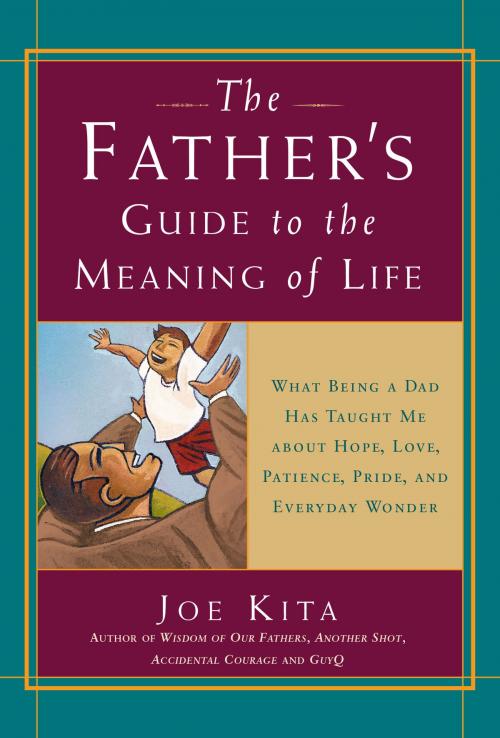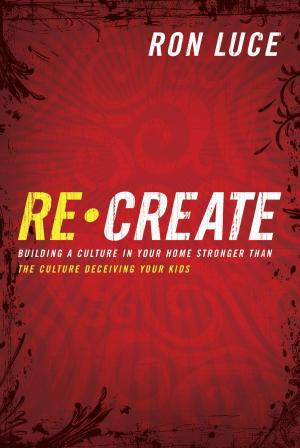The Father's Guide to the Meaning of Life
What Being a Dad Has Taught Me About Hope, Love, Patience, Pride, and Everyday Wonder
Nonfiction, Family & Relationships, Parenting, Fatherhood, Religion & Spirituality, Inspiration & Meditation, Christianity, Christian Life| Author: | Joe Kita | ISBN: | 1230000208292 |
| Publisher: | Joseph Kita | Publication: | June 2, 2008 |
| Imprint: | Language: | English |
| Author: | Joe Kita |
| ISBN: | 1230000208292 |
| Publisher: | Joseph Kita |
| Publication: | June 2, 2008 |
| Imprint: | |
| Language: | English |
Joe Kita reveals the life lessons that can be learned from being a dad--powerful lessons that apply to all of us, no matter what stage of life we are in. Kita focuses on 15 essential truths about friendship, trust, wonder, play, even death—truths that otherwise would have remained secret to him if not for his kids. In a manly voice that is both wickedly funny and startlingly honest, Kita talks of the essential traits of a good dad and how he has grown, both emotionally and intellectually, as a result of the challenges his kids have presented. Further, he talks about the transcendent moments, as when he said goodbye to his father for the last time, that change us most deeply.
"Most parents look at raising children as a top-down promise," Kita writes. "The father, the mother, the schools, the son, the daughter. And the product, after many years of shaping, is a polished young adult. But suppose we turn this process upside-down? Suppose we decide to let this baby girl or boy, this already perfect being, raise us? As we help them grow up, so they will help us mature. As we teach them the rules of life, so they will show us its deeper meaning."
Joe Kita reveals the life lessons that can be learned from being a dad--powerful lessons that apply to all of us, no matter what stage of life we are in. Kita focuses on 15 essential truths about friendship, trust, wonder, play, even death—truths that otherwise would have remained secret to him if not for his kids. In a manly voice that is both wickedly funny and startlingly honest, Kita talks of the essential traits of a good dad and how he has grown, both emotionally and intellectually, as a result of the challenges his kids have presented. Further, he talks about the transcendent moments, as when he said goodbye to his father for the last time, that change us most deeply.
"Most parents look at raising children as a top-down promise," Kita writes. "The father, the mother, the schools, the son, the daughter. And the product, after many years of shaping, is a polished young adult. But suppose we turn this process upside-down? Suppose we decide to let this baby girl or boy, this already perfect being, raise us? As we help them grow up, so they will help us mature. As we teach them the rules of life, so they will show us its deeper meaning."















